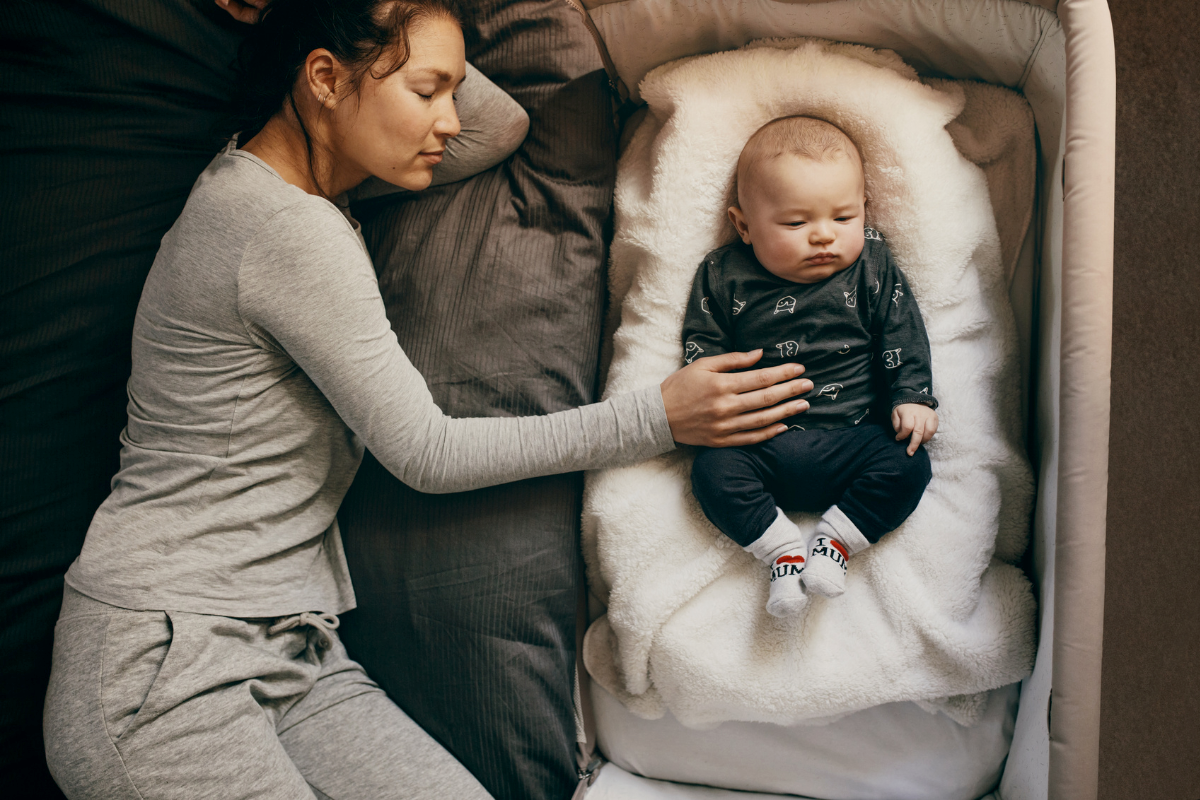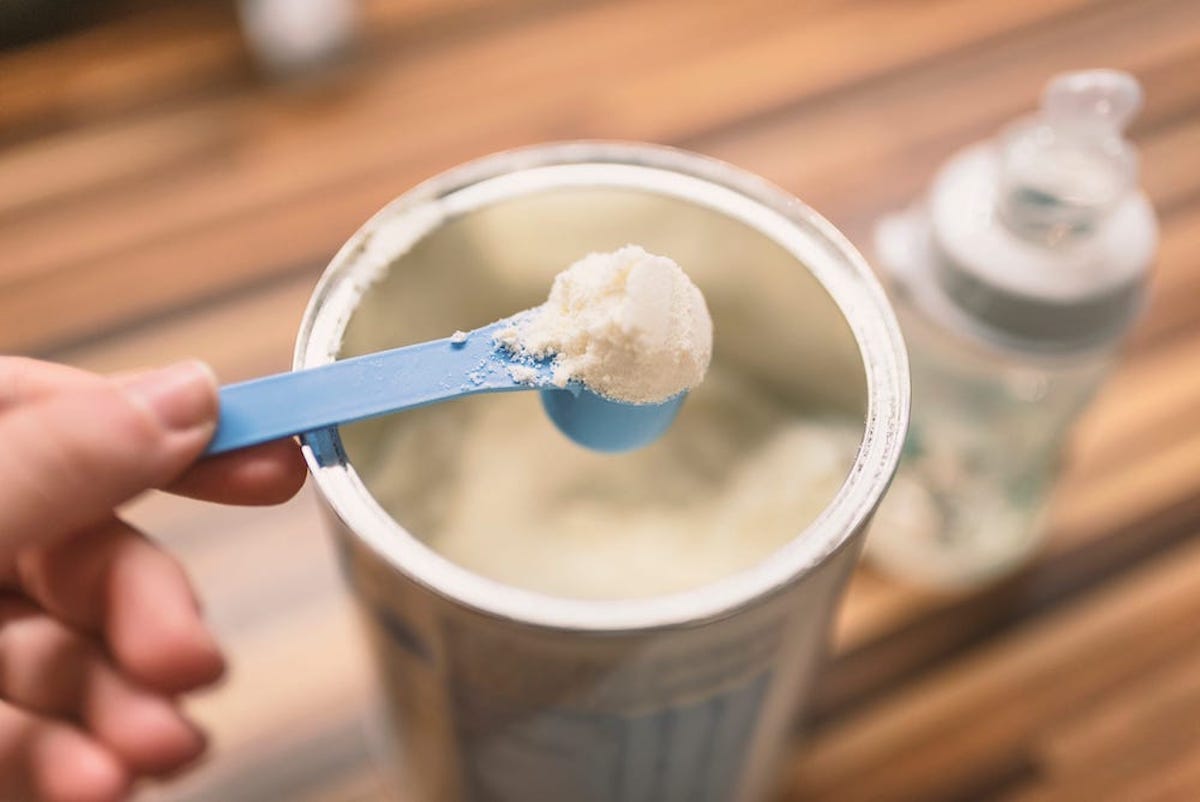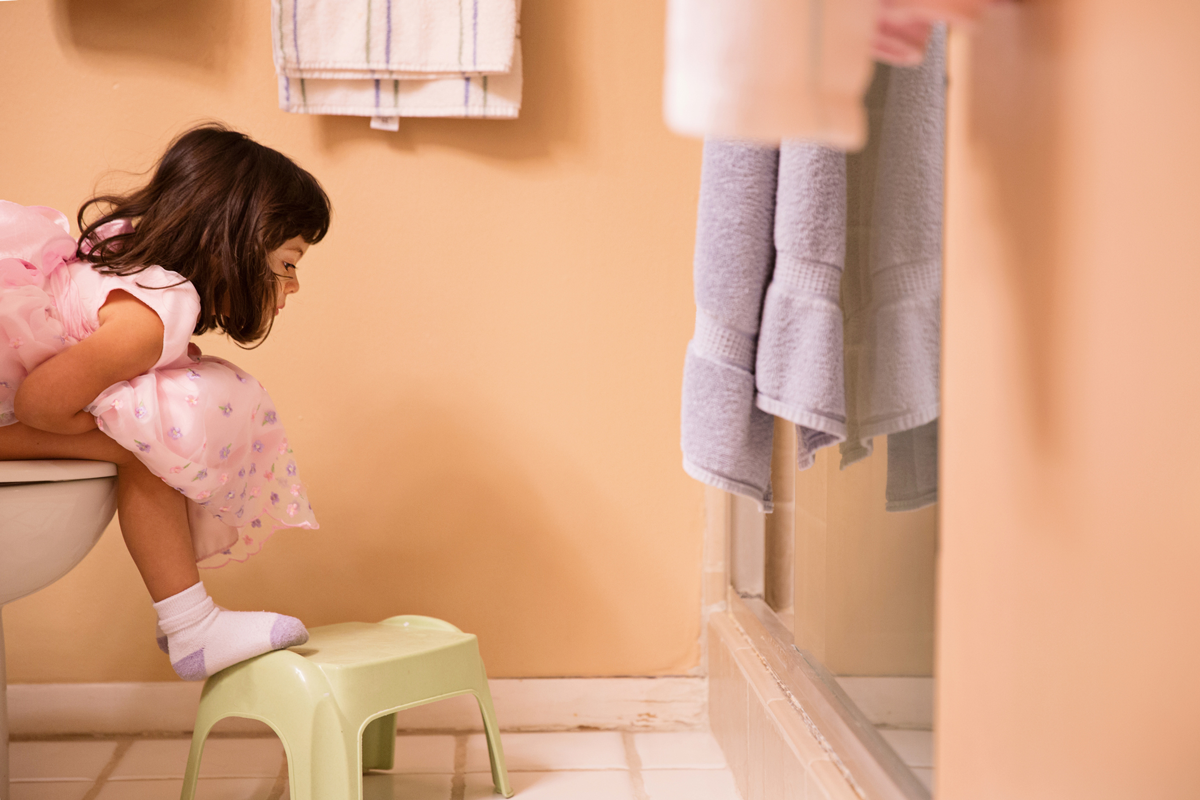When my friend Jon was expecting his first child, he asked me to have coffee with him because he had some questions. Or really, he had one question, which went something like this:
I’ve read your books, and you’ve convinced me that most of the individual behaviors people obsess about — breastfeeding, sleep training, stuff like that — do not matter for how kids turn out. I believe you that many of the data findings are correlation and not causation. But here’s where I’m stuck. You often point out that the issue with these data is that there are differences across groups in variables like income and education, which themselves drive kids’ outcomes.
My question is, if parents’ income and education drive outcomes, it must be because something different is happening for the kids in richer households. If it’s not these behaviors we obsess about, what is it? (And how can I make sure to do the things it is?)

This was quite a deep and hard question (Jon is a smart guy, so I am not too surprised). It’s a parenting question, sort of, but also an important social science question. There is a lot of evidence that the years from 0 to 3 matter enormously for children. By the time kids get to 3, there are significant inequalities across groups, by nearly every metric we have at that point. Somehow we must square this fact with the idea that many of these individual behaviors that many parents stress about do not seem to matter very much.
When Jon asked his question, I didn’t answer well. I just mumbled something about how this was hard and then gave him some other bossy advice about the first weeks with a baby. But the question stuck with me, so I’m going to try to give a longer answer here, starting with a discussion of a small number of behaviors that do show up in the data as mattering for kids’ outcomes. And then make a larger comment about what is really missing in our support for families.
Before we get going, a note. When we talk about “outcomes for kids,” we are nearly always talking about test scores or behavioral outcomes like ADHD diagnoses. This is because these are things we can measure. While they matter, I am aware they are not the only things that we care about. This is a limitation of data, and all we can do is keep it in mind.
The individual behaviors that really matter
A central message of Cribsheet and, in some ways, of Expecting Better is that many of the decisions that get so much attention and emphasis do not have good data backing them. Breastfeeding is probably the most familiar example. Despite claims of all kinds of long-term benefits to breastfeeding (higher IQ, lower obesity, less illness, and on and on), the data supports only a limited set of short-term health benefits. These lack-of-effect conclusions seem almost universal on these child development metrics, where virtually all of the links we see seem to be driven by other biases in the data.
There are, however, a few behaviors where we do see some effects. There’s one important thing to say here. Nearly all of the effects we observe from these behaviors are small, and the range of behavior that is producing the effect is large. It is tempting to look at the following and conclude (as many people do) that if reading to your child is good, it’s best to chase them around with a book even when they are not interested. This isn’t the case, and certainly isn’t supported by what we see in the data.
Reading to kids
There is high-quality evidence to suggest that reading to young kids impacts outcomes, including their own literacy. There are some small randomized trials, though with short follow-up. There is evidence based on the timing of second-child births that makes a more compelling causal case about the positive impacts of reading on kids. There is even some brain-scan evidence that kids who are read to more at home seem to react to hearing stories with the part of their brain that processes imagery; basically, they seem to be getting more from the story than kids who are read to less often at home. (For more on this topic, read chapter 18 in Cribsheet.)
Talking to kids
Beginning with a famous study in the early 1990s, researchers have noted the relationship between spoken-language exposure and language development (and have documented differences in exposure across socioeconomic groups). This is a somewhat contentious literature, but experts mostly agree that there is some relationship in the data. (For more on this topic, read Thirty Million Words by Dana Suskind.)
Quality child care
At ParentData we talk a lot about child care choices, and emphasize that there are many good approaches. Differences in outcomes for children between being at home with a parent, having a full-time caregiver, or going to a high-quality out-of-home child care setting are negligible. However, there is a quality dimension here, and we do have evidence that neglectful child care — caregivers who do not pay attention to children, with limited opportunities for interaction, etc. — has negative impacts. As I’ve underscored many times, high-quality child care isn’t about who has the most organic snacks; it’s about more basic needs being met.
Not spanking
There are a number of approaches to discipline for kids, and there are many good options that are supported by evidence. One that is not is spanking. Physical punishment has been shown, in a variety of studies, to worsen behavior in the long term. (For more on this topic, read chapter 17 in Cribsheet.)
Thinking about the bigger picture
So, there is a partial answer to Jon’s question. Some of these are actionable behaviors, and they are generally different by socioeconomic status. But the collective impact of them is likely small.
I asked this question — of how to square the small behavior impacts and the larger differences across groups — when I interviewed Dana Suskind about her book Parent Nation. I cannot think of a better way to answer than how she did, so I will quote her: “There are two crucial and specific things children need to build a healthy foundation of cognitive and socio-emotional skills that will serve them throughout life: nurturing interaction with caregivers and protection from toxic stress.”
In that conversation (and in her book), she goes on to talk more about what this means. She discusses the value of having a stable relationship with one or several caregivers; various people can fill this role, but kids need someone. She also talks about the idea of toxic stress. The experience of significant adversity, trauma, lack of consistent food or housing, loss of a parent or caregiver — any of these events are incredibly stressful for young children, and they have lasting impacts.
In a sense, the bigger picture is both simple to explain and (seemingly) difficult to implement. There are problems that society needs to solve. Better and more affordable child care. Paid parental leave. Access to quality health care during the prenatal and postpartum period, plus access to health care for children. More resources — child poverty roughly halved during the pandemic because of the Child Tax Credit; when that expired, rates came back up again. These issues are in the way of giving every child equal opportunity.
The answer to Jon’s question is that by virtue of his family’s circumstances, his kid is already going to have the things they need to thrive. A stable place to live. Consistent and nurturing caregivers with some time to spend. Access to nutritious food. Health care. The basic things he was taking for granted are, really, the whole thing.
The problem is that those basic things are what too many people in America — and globally — are lacking. This is the problem that needs our attention.
If this has you feeling like you want to do something, check out Zero to Three for an organization doing great work on equality of opportunity in the early years. And Moms First if you’re looking to advocate for paid leave, affordable child care, and support for parents.
Community Guidelines
















Log in